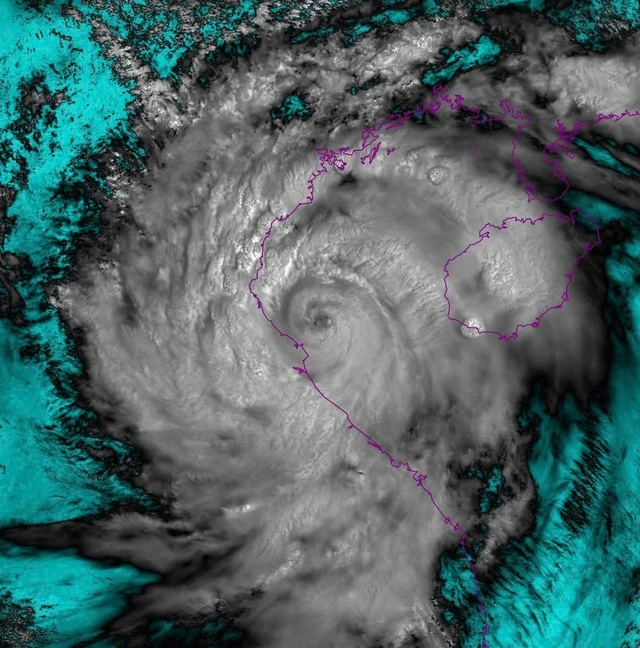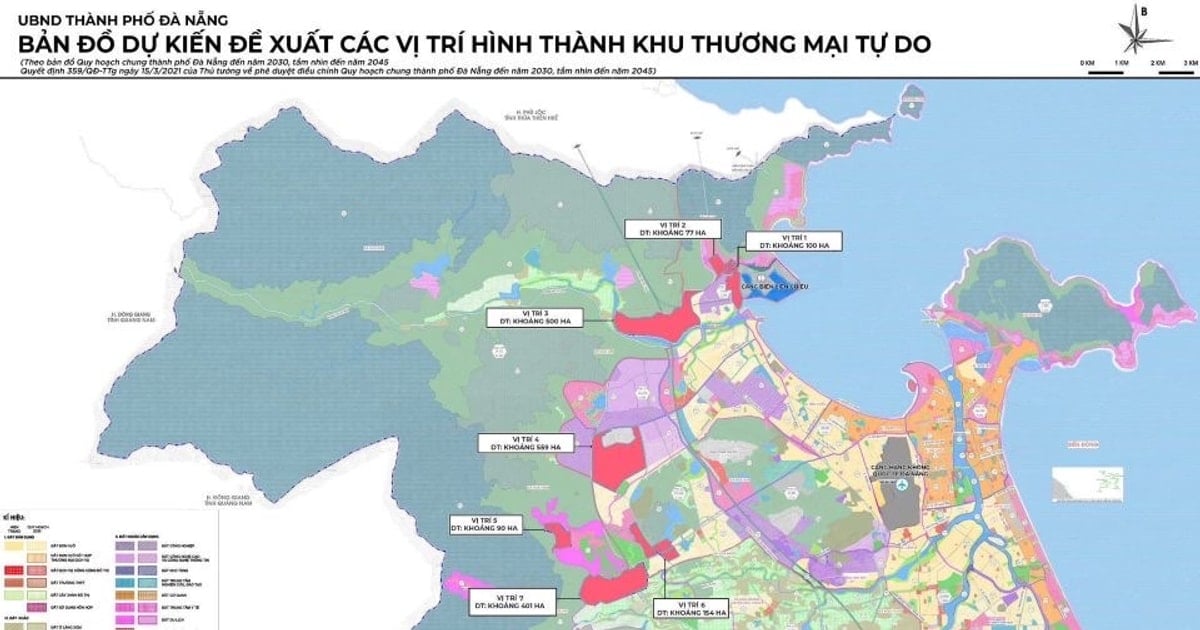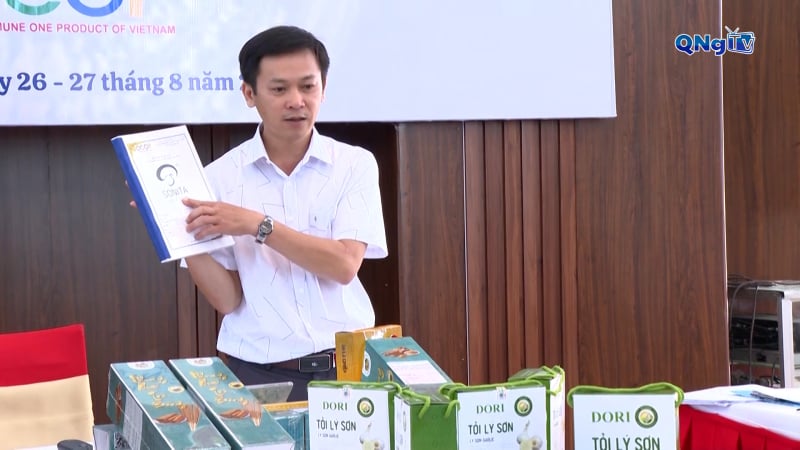The revised Law on Real Estate Business, recently passed by the National Assembly , will take effect from January 1, 2025. The issue that is of public concern is the regulation that real estate businesses must conduct transactions through banks.
Specifically, Article 48 of this law stipulates that payment in real estate transactions and real estate projects is agreed upon by the parties in the contract and complies with the provisions of law.
Project investors and real estate businesses receive payments under real estate business contracts from customers through accounts opened at domestic credit institutions or foreign bank branches legally operating in Vietnam.
Project investors, real estate businesses, and real estate service businesses receive payments under real estate business contracts and real estate service business contracts from customers through accounts opened at domestic credit institutions or foreign bank branches legally operating in Vietnam.
In the case of individuals doing small-scale real estate business, organizations and individuals selling houses, construction works, construction floor area in construction works not for business purposes... there is no mandatory regulation on payment via bank.

Real estate businesses must conduct transactions through banks when the revised Law on Real Estate Business takes effect in 2025 (Illustration photo: Tien Tuan)
Previously, the situation of real estate transactions with contracts declaring prices lower than the actual transfer price (two prices) was common. The authorities have also handled many cases of false declaration of real estate transfer prices to evade taxes, but it seems that this situation has not been completely prevented.
Talking to Dan Tri reporter about this situation, Mr. Le Hoang Chau - Chairman of Ho Chi Minh City Real Estate Association (HoREA) - commented that buying and selling with extra money outside the contract by declaring two prices when selling is a violation of tax law by enterprises. However, home buyers accept that to avoid paying tax on the amount outside the contract and thus have helped investors evade taxes.
According to Mr. Chau, customers accept even though they know they are breaking the law, partly because the legal mechanism is not really strict. Currently, there is only one method of calculating tax, which is to impose a 2% personal income tax on the contract value for real estate transfer activities. When businesses list the selling price in the contract lower than the actual price, it will reduce the State's revenue.
Mr. Chau emphasized that both customers and businesses are seeing immediate benefits without seeing long-term harm, because this situation contributes to the lack of transparency in the real estate market.

A real estate project in Hanoi (Photo: Tran Khang).
Recently, to combat tax losses in real estate business, Minister of Finance Ho Duc Phoc signed an official dispatch requesting the Ministry of Public Security to direct local police to coordinate with tax departments to strictly handle transactions showing signs of tax evasion.
At the same time, the Ministry of Finance requested the Ministry of Justice and the People's Committees of provinces and cities to direct the Departments of Justice to closely coordinate with tax departments to request notary organizations to guide people, real estate project investors, and real estate businesses to declare on notarized contracts according to the actual purchase and sale price, as a basis for calculating taxes according to the provisions of law.
Source



![[Photo] Hanoi: Authorities work hard to overcome the effects of heavy rain](https://vstatic.vietnam.vn/vietnam/resource/IMAGE/2025/8/26/380f98ee36a34e62a9b7894b020112a8)



![[Photo] Multi-colored cultural space at the Exhibition "80 years of the journey of Independence - Freedom - Happiness"](https://vstatic.vietnam.vn/vietnam/resource/IMAGE/2025/8/26/fe69de34803e4ac1bf88ce49813d95d8)

































































































Comment (0)